
If principles of justice depend on the moral or intrinsic worth of the ends that rights serve, how should we deal with the fact that people hold different ideas and conceptions of what is good? Students address this question in a heated debate about same-sex marriage. Should same-sex marriage be legal? Can we settle the matter without discussing the moral permissibility of homosexuality or the purpose of marriage?
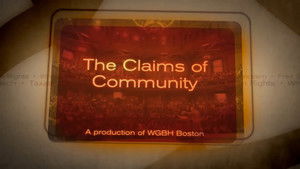
Professor Sandel presents Kants objections to Aristotles theory. Kant believes politics must respect individual freedom. People must always respect other peoples freedom to make their own choices—a universal duty to humanity—but for Kant, there is no other source of moral obligation. The discussion of Kants view leads to an introduction to the communitarian philosophy. Communitarians argue that, in addition to voluntary and universal duties, we also have obligations of membership, solidarity, and loyalty. These obligations are not necessarily based on consent. We inherit our past, and our identities, from our family, city, or country. But what happens if our obligations to our family or community come into conflict with our universal obligations to humanity?

Aristotle believes the purpose of politics is to promote and cultivate the virtue of its citizens. The telos or goal of the state and political community is the good life. And those citizens who contribute most to the purpose of the community are the ones who should be most rewarded. But how do we know the purpose of a community or a practice? Aristotles theory of justice leads to a contemporary debate about golf. Sandel describes the case of Casey Martin, a disabled golfer, who sued the PGA after it declined his request to use a golf cart on the PGA Tour. The case leads to a debate about the purpose of golf and whether a players ability to walk the course is essential to the game.
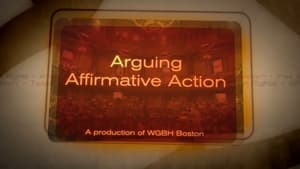
Sandel describes the 1996 court case of a white woman named Cheryl Hopwood who was denied admission to a Texas law school, even though she had higher grades and test scores than some of the minority applicants who were admitted. Hopwood took her case to court, arguing the schools affirmative action program violated her rights. Students discuss the pros and cons of affirmative action. Should we try to correct for inequality in educational backgrounds by taking race into consideration? Should we compensate for historical injustices such as slavery and segregation? Is the argument in favor of promoting diversity a valid one? How does it size up against the argument that a students efforts and achievements should carry more weight than factors that are out of his or her control and therefore arbitrary? When a universitys stated mission is to increase diversity, is it a violation of rights to deny a white person admission?
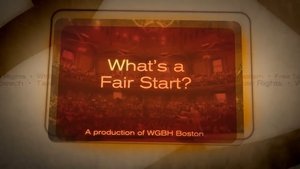
Is it just to tax the rich to help the poor? John Rawls says we should answer this question by asking what principles you would choose to govern the distribution of income and wealth if you did not know who you were, whether you grew up in privilege or in poverty. Wouldnt you want an equal distribution of wealth, or one that maximally benefits whomever happens to be the least advantaged? After all, that might be you. Rawls argues that even meritocracy—a distributive system that rewards effort—doesnt go far enough in leveling the playing field because those who are naturally gifted will always get ahead. Furthermore, says Rawls, the naturally gifted cant claim much credit because their success often depends on factors as arbitrary as birth order. Sandel makes Rawlss point when he asks the students who were first born in their family to raise their hands.
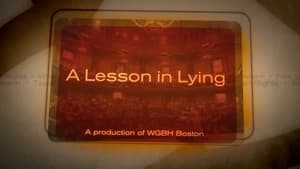
Immanuel Kants stringent theory of morality allows for no exceptions. Kant believed that telling a lie, even a white lie, is a violation of ones own dignity. Professor Sandel asks students to test Kants theory with this hypothetical case: if your friend were hiding inside your home, and a person intent on killing your friend came to your door and asked you where he was, would it be wrong to tell a lie? If so, would it be moral to try to mislead the murderer without actually lying? This leads to a discussion of the morality of misleading truths. Sandel wraps up the lecture with a video clip of one of the most famous, recent examples of dodging the truth: President Clinton talking about his relationship with Monica Lewinsky.
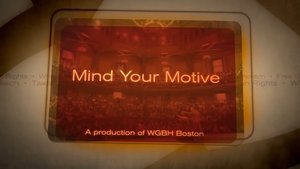
Professor Sandel introduces Immanuel Kant, a challenging but influential philosopher. Kant rejects utilitarianism. He argues that each of us has certain fundamental duties and rights that take precedence over maximizing utility. Kant rejects the notion that morality is about calculating consequences. When we act out of duty—doing something simply because it is right—only then do our actions have moral worth. Kant gives the example of a shopkeeper who passes up the chance to shortchange a customer only because his business might suffer if other customers found out. According to Kant, the shopkeepers action has no moral worth, because he did the right thing for the wrong reason.
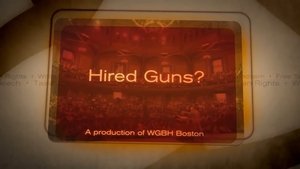
During the Civil War, men drafted into war had the option of hiring substitutes to fight in their place. Professor Sandel asks students whether they consider this policy just. Many do not, arguing that it is unfair to allow the affluent to avoid serving and risking their lives by paying less privileged citizens to fight in their place. This leads to a classroom debate about war and conscription. Is todays voluntary army open to the same objection? Should military service be allocated by the labor market or by conscription? What role should patriotism play, and what are the obligations of citizenship? Is there a civic duty to serve ones country? And are utilitarians and libertarians able to account for this duty?
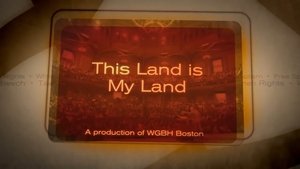
The philosopher John Locke believes that individuals have certain rights so fundamental that no government can ever take them away. These rights—to life, liberty and property—were given to us as human beings in the the state of nature, a time before government and laws were created. According to Locke, our natural rights are governed by the law of nature, known by reason, which says that we can neither give them up nor take them away from anyone else. Sandel wraps up the lecture by raising a question: what happens to our natural rights once we enter society and consent to a system of laws?
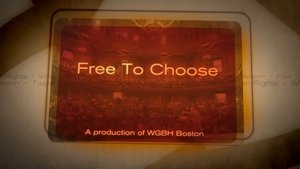
Sandel introduces the libertarian conception of individual rights, according to which only a minimal state is justified. Libertarians argue that government shouldnt have the power to enact laws that 1) protect people from themselves, such as seat belt laws, 2) impose some peoples moral values on society as a whole, or 3) redistribute income from the rich to the poor. Sandel explains the libertarian notion that redistributive taxation is akin to forced labor with references to Bill Gates and Michael Jordan.

Today, companies and governments often use Jeremy Benthams utilitarian logic under the name of cost-benefit analysis. Sandel presents some contemporary cases in which cost-benefit analysis was used to put a dollar value on human lie. The cases give rise to several objections to the utilitarian logic of seeking the greatest good for the greatest number. Should we always give more weight to the happiness of a majority, even if the majority is cruel or ignoble? Is it possible to sum up and compare all values using a common measure like money?

If you had to choose between (1) killing one person to save the lives of five others and (2) doing nothing even though you knew that five people would die right before your eyes if you did nothing—what would you do? What would be the right thing to do? Thats the hypothetical scenario Professor Michael Sandel uses to launch his course on moral reasoning. After the majority of students votes for killing the one person in order to save the lives of five others, Sandel presents three similar moral conundrums—each one artfully designed to make the decision more difficult. As students stand up to defend their conflicting choices, it becomes clear that the assumptions behind our moral reasoning are often contradictory, and the question of what is right and what is wrong is not always black and white.